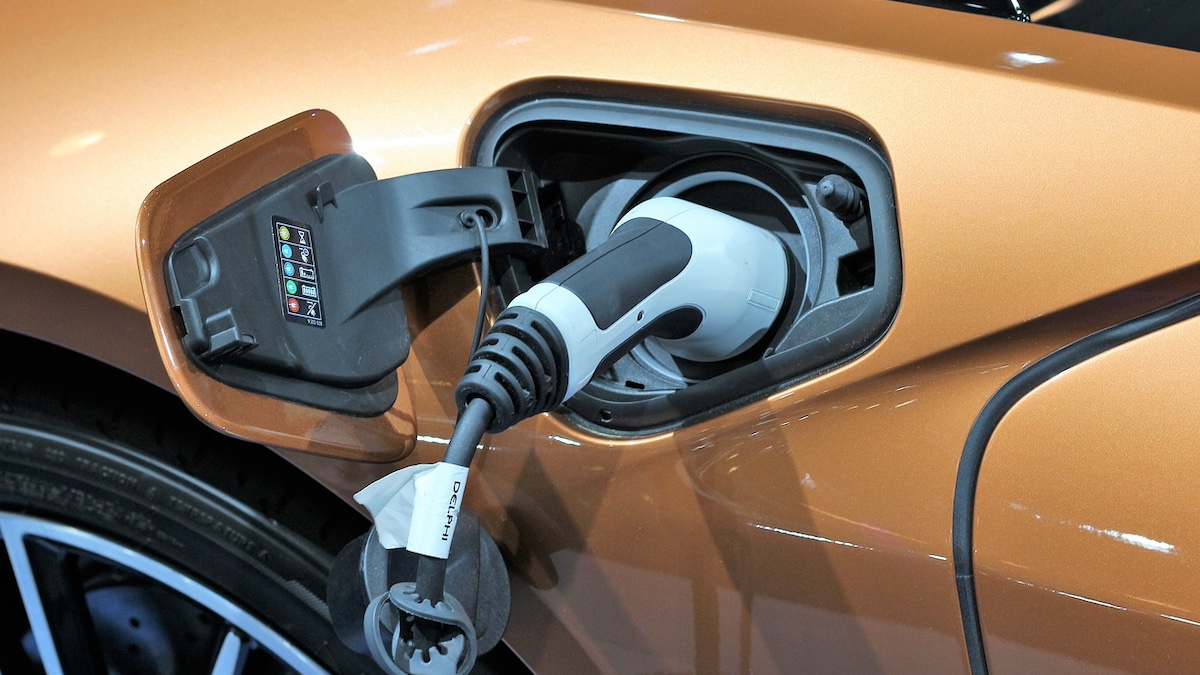
In my 7 June 2024 article on upcoming EVs in Singapore, I mentioned a Bloomberg Green study that set the Tipping Point to the mass adoption of EVs when more than 5% of new car sales are electric.
“when 5% of new car sales are purely electric. This threshold signals the start of mass adoption, after which technological preferences rapidly flip.”
Tom Randall, “Electric Cars Pass the Tipping Point to Mass Adoption in 31 Countries” Bloomberg 24 March 2024
According to a recent Straits Times (ST) article, EVs accounted for 32.64% of all new cars registered in Singapore from January to May 2024, based on Land Transport Authority (LTA) data. Of the total 14,802 cars registered during this period, 4,819 were EVs, with Chinese brand BYD accounting for 45.3%.
The EV population has doubled every year since 2021
Looking at the data in the LTA’s total car population by Fuel Type, Singapore’s EV population has doubled every year since 2021, with a total of 11,941 EVs on Singapore’s roads by the end of 2023. With 4,819 EVs already registered in the first 5 months of 2024, we should see Singapore’s EV population reach 25,000 by 31 December 2024.
EVs have been in Singapore for ten years, but their popularity with new car owners has only taken off in the last three years, due to a number of factors, including the Enhanced Vehicular Emissions Scheme (EVES) and the Electric Vehicle Early Adoption Incentive (EVEAI), which, taken together, can lower the upfront cost of an EV by up to $40,000.
Range anxiety, the fear of running out of electric power while driving to a recharging station, has also significantly diminished. According to Transport Minister Chee Hong Tat in a recent Written Reply to Parliamentary questions, there are more than 7,100 EV charging points across Singapore today, with more than a third of HDB carparks having charging points installed. The EV Common Charger grant has supported the installation of more than 1,100 EV chargers in Non-Landed Private Residences (NLPR).
Finally, several car brands, such as BMW, BYD, Hyundai, Kia, MG, and Tesla, introduced models in Category A in 2024, to attract new EV buyers.
Best Selling EV and Hybrid Brands in Singapore
| Brand | Electric | Hybrid |
| BMW | 674 | 345 |
| BYD | 2184 | ~ |
| Hyundai | 412 | 310 |
| Kia | 21 | 485 |
| Nissan | 2 | 614 |
| Mazda | 4 | 403 |
| Merceded Benz | 137 | 1,790 |
| MG | 238 | ~ |
| Tesla | 661 | ~ |
| Toyota | 16 | 2,113 |
We looked through the data of all EVs and hybrids sold and extracted the top 5 brands for both. This shows that BYD is increasing its lead in EVs, while Tesla has now dropped to third behind BMW, which has done well in both the EV and the Hybrid sectors.
Speaking of hybrids, 6,435 new vehicles were registered in the same period, with Toyota continuing to dominate, though Mercedes-Benz is close behind, and Nissan a distant third.
Singapore’s EV market has entered a golden phase
There are now more brands and types of EVs to choose from, and brands such as BYD are aggressively marketing their products. More EV chargers have reduced range anxiety while rebates from EVAAI and EVES (which currently ends on 31 December 2024) may make it an easier decesion to buy an EV now.
Feature image: Goran Horvat @ Pixabay

